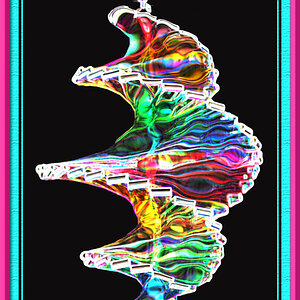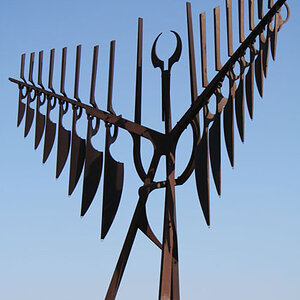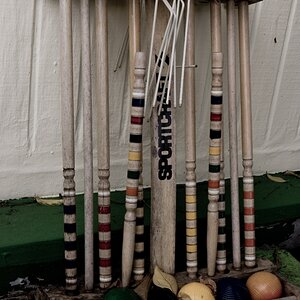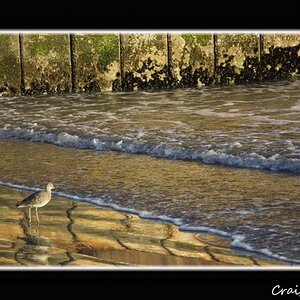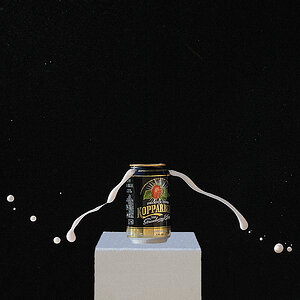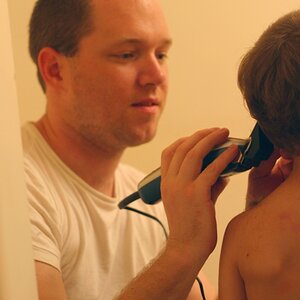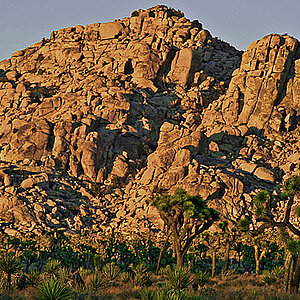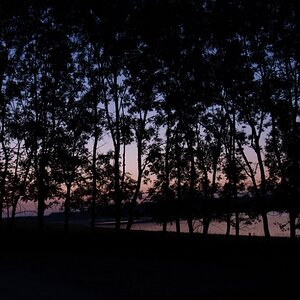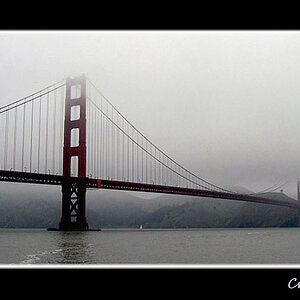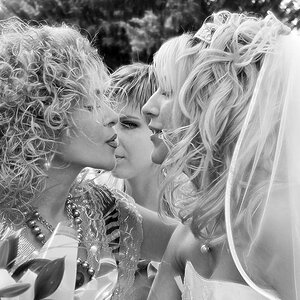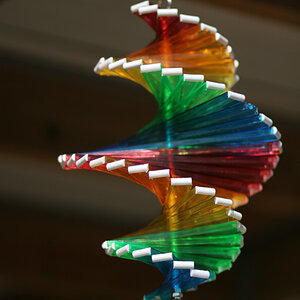rexbobcat
Been spending a lot of time on here!
- Joined
- Nov 28, 2011
- Messages
- 5,014
- Reaction score
- 1,967
- Location
- United States
- Can others edit my Photos
- Photos OK to edit
Ignorance is bliss....so they say.
*cough* Not that I know anything about that *cough*
*cough* Not that I know anything about that *cough*



